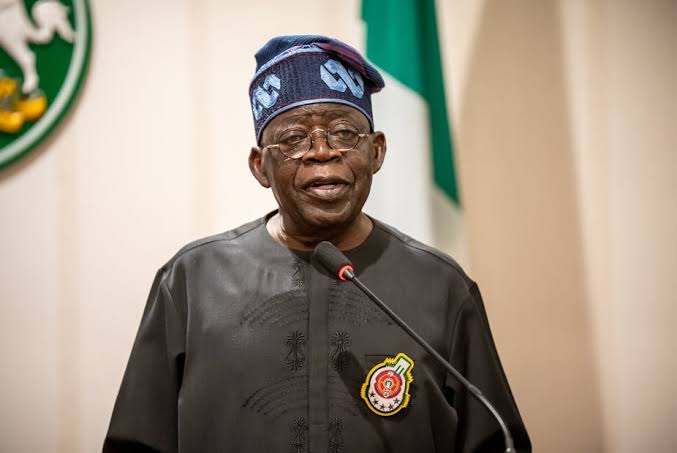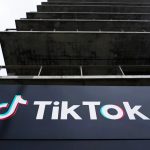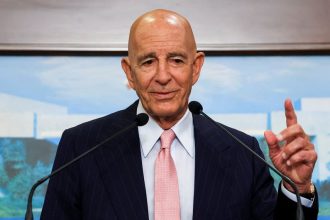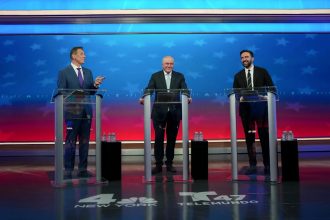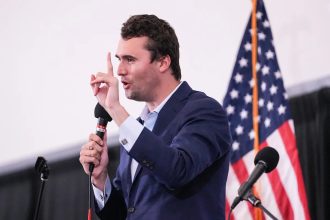President Bola Tinubu has stressed the need to make Nigeria the logistics hub of Africa, reaffirming his administration’s commitment to railway modernisation as a catalyst for transforming the nation’s transportation, energy, and economic landscape.
Speaking at the 2nd International Railway Conference in Abuja on Monday, themed “Opportunities and Challenges in Railways Development in Africa”, Tinubu, represented by Vice President Kashim Shettima, underscored the critical role of railways in industrialisation and economic growth.
“The world has remained committed to railway services because they represent more than a mode of transport. They have proven to be the backbone of industrialisation. They connect raw materials to factories, workers to opportunities, and farmers to markets,” Shettima said.
He noted that railways do more than facilitate commerce, adding: “They shape not only economies but also the cultural and social bonds of societies. This enduring relevance explains why every poor-looking nation, from China to Vietnam, across generations, has invested in the railways as a special driver of development.”
Highlighting Nigeria’s ambition to become Africa’s logistics hub, the Vice President said, “The challenge ahead of us is to lead this race by reviving and revitalising our railway services. We must be conscious of our place as the anchor of West Africa’s economy and home to the continent’s largest population as we prepare for the adoption of modern railway infrastructure.”
He cited flagship projects as evidence of this commitment, noting: “This awakening inspires projects such as the Kano–Maradi Railway modernisation, which opens new gateways for trade under the African Continental Free Trade Area.”
Shettima explained that the railway agenda is driven by the need to ease pressure on road networks. “Our agenda is shaped by the urgent need to reduce the burden on our roads and highways. Decades of over-reliance on road transportation have led to congestion, rapid deterioration of infrastructure, and higher accident rates,
“Railways offer safe, cheaper, and more environmentally friendly alternatives, reducing carbon emissions and reinforcing our commitment to sustainable development,” he said.
He called for stronger partnerships to guarantee the success of ongoing projects, stressing: “The task of maximising the immense opportunities in the railway sector is not one we consider easy. It requires networks, partnerships, and robust collaboration with stakeholders.
“This is why our ongoing modernisation projects — Lagos to Kano, Kano to Maradi, and Port Harcourt to Maiduguri — are designed with open doors for private sector participation. We must ensure not only timely completion but also sustainability and efficient utilisation of these projects.”
Shettima disclosed significant progress on the Kano–Maradi project, stating: “I am happy to note that upon the takeover of the present administration, the Kano–Maradi Rail project was 5% completed. Now we are inching towards 60% completion.
“His Excellency the President has demonstrated time and again our national determination to connect our cities through roads and railways. Our aspiration is for a nation where industries can convey their products to the market, and where raw materials can move seamlessly from primary producers to industries without hindrance.”
Also speaking at the conference, Secretary to the Government of the Federation, George Akume, described the proposed Integrated Gas, Power, and High-Speed Rail project as transformative.
“The scale of this project, alongside the confirmation of the financial support letter from the Asia Development and Investment Bank, running at \$60bn, reflects the seriousness of purpose and ambition behind this proposal. As you are aware, the renewed propaganda of Sub-Saharan Africa Limited CFI prioritises transformational infrastructure, economic diversification, job creation, and sustainable national development,” Akume said.
He added that the initiative goes beyond rail development. “This project integrates high-speed rail, power generation and transmission, energy infrastructure, and digital platforms. It solidifies these priorities and offers significant opportunities for inclusive growth and national integration.”
Minister of Transportation, Senator Said Ahmed Alkali, announced that the Kaduna–Kano standard gauge rail project is now 53 per cent completed, while the Kano–Maradi line will reach Katsina by December this year as part of efforts to fast-track rail modernisation nationwide.
“The 387 km Kano–Maradi line, with extension to Dutse, has grown from 5 per cent to 60 per cent. While the Kaduna–Kano project will be ready for completion and commissioning by December 2026, the Kano–Maradi project will reach Katsina by December this year and be ready for completion and commissioning by March 2027,” he said.
Alkali stressed that the two projects are crucial trade and integration corridors. “Nigeria’s Kano–Maradi corridor is more than a railway project; it is a gateway to West Africa’s markets, opening access for Nigerian goods into the Niger Republic and beyond,” he noted.


